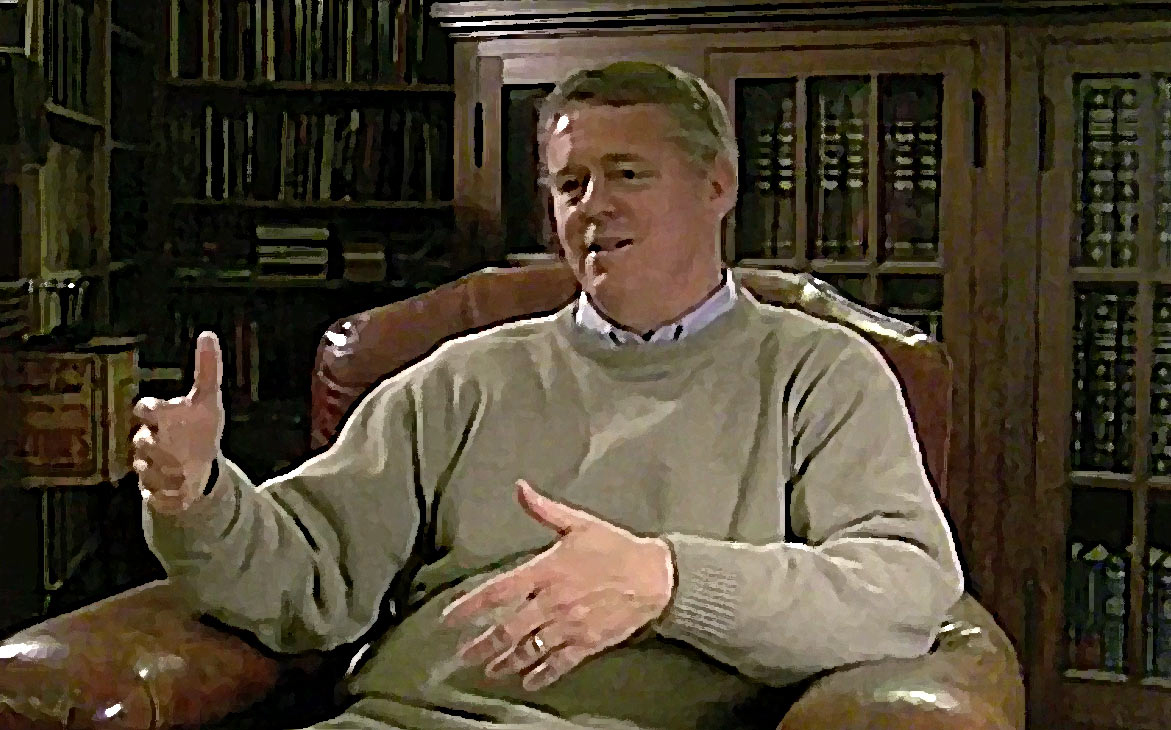Ah, the Paul Krugman Problem! How does Nobel Laureate economist-cum-New York Times progressive-blogger come to his conclusions?
The other day, the eminent Scott Sumner noted — in “The power of wishful thinking?” — that in the space of one year Krugman seemed to gain a great deal of certainty about how vital it is to reduce inequality.
Sumner quotes Krugman from a year ago, when he frankly admitted that he’d like to agree with Joe Stiglitz’s thesis about inequality, but just wasn’t able to persuade himself.
Unfortunately, Krugman hasn’t given us a lot of reason to follow his “lead,” his new-found faith in Stiglitzian equality. Sumner cites a possible “inspiration” for Krugman’s new tune: Krugman’s employer, the New York Times, has, as editorial policy, shifted leftward on such issues. And then Sumner waxes philosophical:
Sometimes an economist will change his view on a single issue because of some new empirical study (although that actually doesn’t happen as much as you’d think, or as much as you might like). But what about when an economist suddenly swings sharply to the left or right on a whole range of unrelated issues?
Many people do go through radical conversions; you can find interesting conversion testimonies of a religious nature, if not so many in political economy.
As for me, the subject of inequality continues to fascinate, like picking at a scab.
I suspect that rising inequality is caused by the very institutions that Paul Krugman regards as bedrock: institutions that redistribute money from one group to another; institutions that regulate behavior for the benefit (we’re told) of the worse off; institutions altogether “progressive.”
Surely there would be more downward mobility for the rich and upward mobility for the poor in a freer society than in a more Krugman-approved society.
This is Common Sense. I’m Paul Jacob.
